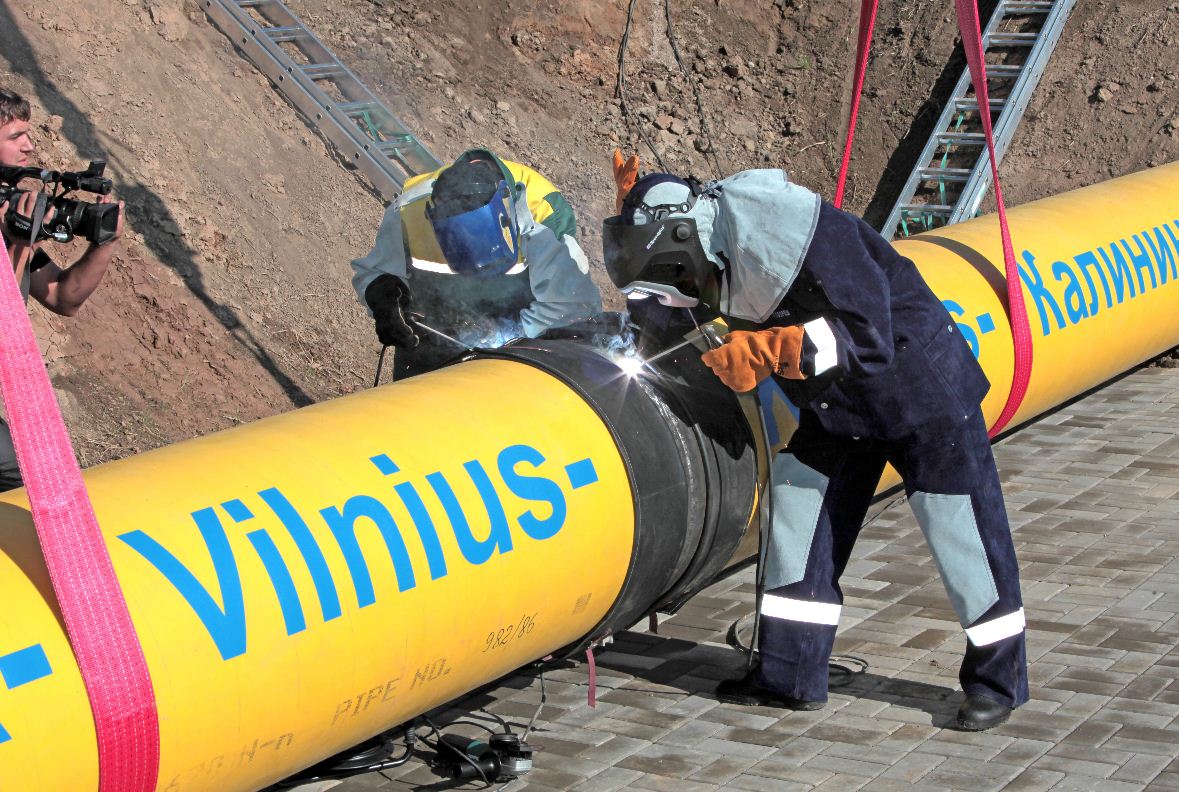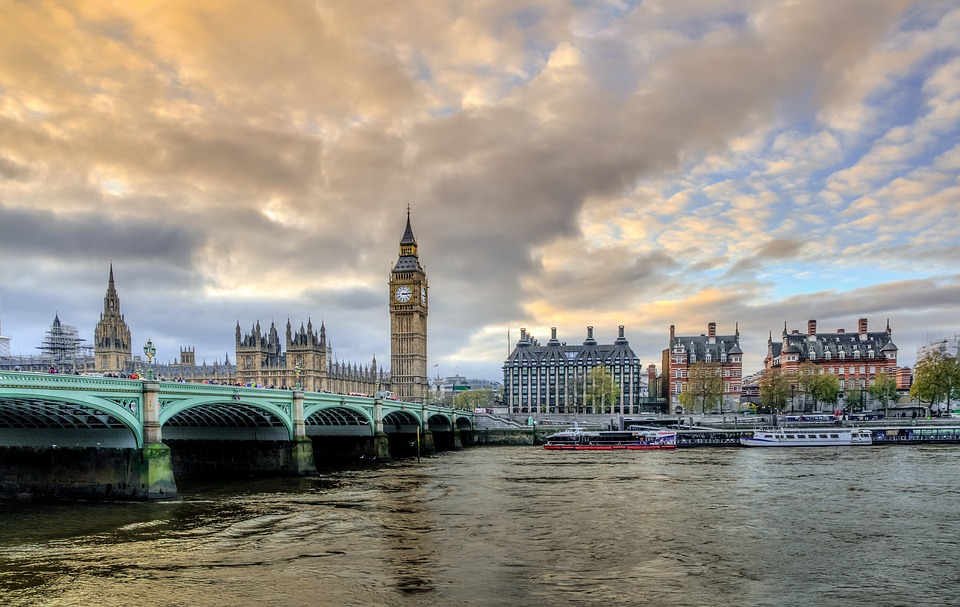Not long ago German Chancellor Angela Merkel warned her European counterparts that overreliance on Kremlin-backed energy afforded Russia a worrying degree of political leverage. Merkel’s message now rings with an ominous tone. Amidst the conflict between Ukraine and Russia, state-owned Gazprom recently announced that it would consider cutting oil supplies to Ukraine if it fails to settle unpaid accounts that have spiralled uncontrollably into the billions.
The Baltics are now concerned that this new doctrine of Russian expansion, based outwardly on the rather flimsy rhetoric of protecting Russian minorities and backed by a potent combination of military and economic might, might set its sights next on the sizeable pockets of ethnic Russians in Estonia, Latvia and Lithuania. In Estonia and Latvia, Russian minorities comprise roughly 25 percent of each country’s total population, while Lithuania’s Russian minority is much smaller at around 6 percent. Though none of the Baltic States are among the world’s top sixty consumers of petroleum, the effects of a Russian embargo would be crippling. Estonia, Latvia and Lithuania all rely completely upon Russian gas imports.
The fear that Russia might flex its natural resource muscle in any confrontation between itself and the Baltics is not unfounded. In 1998 Russian President Boris Yeltsin responded to the bombing of the Russian Embassy in Riga by cutting oil deliveries to Latvia. After Belarus threatened to levy a transit duty on Russian oil passing through the Druzhba pipeline, Russia withheld much-needed oil supplies to a number of states in Central and Eastern Europe for four days, forcing countries such as the Czech Republic and Poland to dip into emergency reserve stocks.
To prevent an oil and gas war in the Baltics and to help Ukraine manage a harsh winter without Russian energy, the G7 has discussed an ‘emergency response plan’ that would ramp up production of liquefied natural gas (LNG) in Europe, build a number of new LNG facilities and remove restrictions in the United States on the export of shale gas.
But the plan to wean both the Baltics and Ukraine off Russian resources with either LNG or shale gas poses more problems than the G7 have acknowledged. A recent study by the LNG Journal concluded that the costs of building new plants and increased production are significant. The construction of an LNG plant is most commonly funded by a twenty-year amortization. To keep startup capital at a minimum the deposit of natural gas must be large enough to last the life of the amortization. The other less predictable factor is depreciation. If natural gas prices decrease worldwide then operating costs correspondingly increase. Nor is LNG production cheap. The estimated cost of producing LNG varies from a somewhat inexpensive $2.90 to an eye-popping $4.15 per one thousand cubic feet.
The production of shale gas, in particular, has a shaky environmental reputation in both North America and Europe. The list of environmental hazards associated with shale gas production and fracking reads more like a surgeon general’s warning for a cancerous consumer product than a moderate estimate of potential side effects: local air pollution, contaminated drinking water, the disruption of local wildlife and habitats as well as unintentional spills from dilapidated wells. The National Institute for Occupational Safety and Health in the United States has even warned that shale gas production can lead to dense clouds of respirable crystalline silica, a known carcinogen, billowing above production sites and wafting toward nearby communities. Both the French and German governments have already bent to environmental concerns by putting a stop to all domestic fracking.
Economic and environmental concerns aside, the Baltics have already undertaken critical steps to improve their energy self-reliance that make the need for western imports of either LNG or shale gas largely unnecessary. According to the European Commission, Latvia’s diverse energy network of hydropower, wind, biomass and recycled waste is the largest renewable energy grid in the entire European Union and comprises close to 35 percent of the country’s total power consumption.
Lithuania has enacted a number of forward-thinking policies, such as government grants and reimbursement programs, which encourage businesses to adopt renewable energy. The seaport city of Klaipeda, in particular, has served as an early test ground. Fortum, a Finnish energy company, opened a $173 million heat and power plant in 2013. At present Fortum produces nearly 40 percent of Klaipeda’s heating needs, decreasing the city’s dependence on Russian gas. And the biggest blow to Russia’s stranglehold on Lithuanian energy is on the horizon. By 2015, if not sooner, the provocatively titled ‘Independence’ pipeline, a floating terminal that will carry LNG directly into Lithuania, will be fully operational.
Estonia has developed a remarkably expansive network of electric car charging stations throughout the country, numbering 165 in total. At present it is the only European country on pace to meet the European Union’s renewable energy targets by 2020. Moreover, on 9 May the country became a member of the International Energy Agency.
Collectively Estonia, Latvia and Lithuania have already launched the Baltic Energy Market Interconnection Plan (BEMIP), which aims to integrate the three countries into the broader European Union energy network. In less than a decade all three states are expected to be amongst the top five producers of biofuel in Europe.
Without question energy independence is not a cure-all for the looming spectre of Russian boots trampling across Baltic borders. But Estonia, Latvia and Lithuania have so far placed their energy policies on the right path. Together they are in a promising position to improve Baltic security without reverting to environmentally unfriendly shale gas or the costly expansion of LNG plants across an already over-taxed and economically depressed European Union. Though the G7 has admirably extended its helping hand to those confronted by an expansionist, bullying Russia, the Baltics, it seems, are already well on their way to energy independence.





